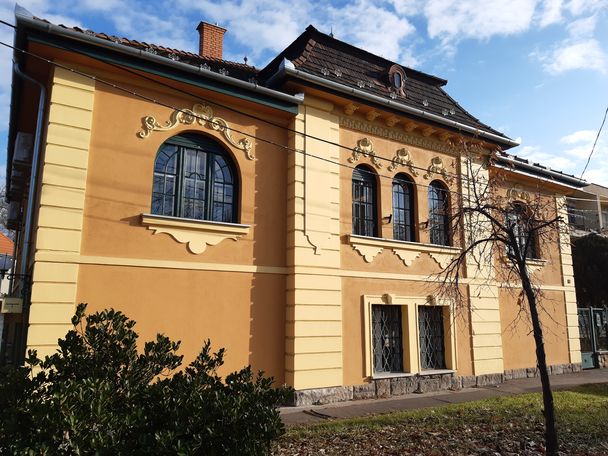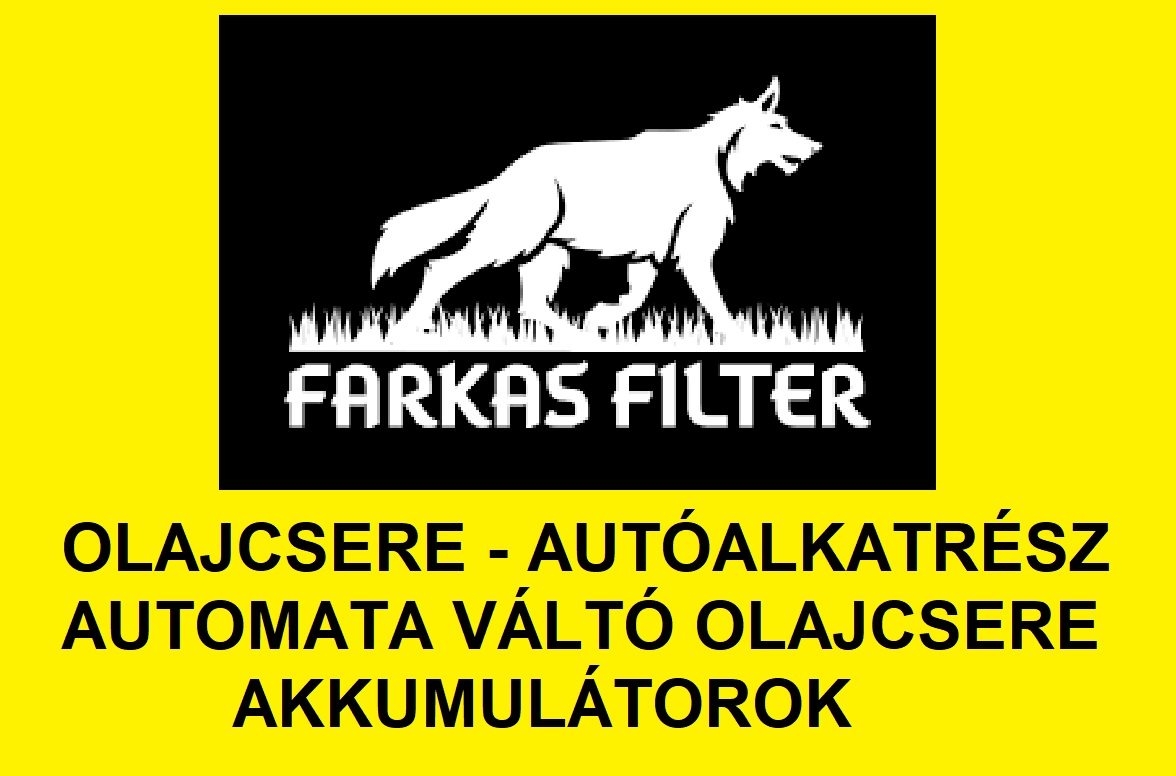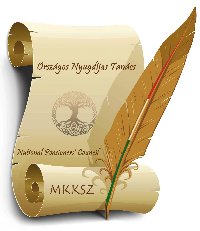The Trade Union of Hungarian Civil Servants and Public Employees (MKKSZ) is the national interest representation and interest protection organisation of the national and local administration; institutions, economic and civil organisations financed from the national budget; unemployed people who worked at these workplaces; pensioners; and members with temporarily arrested membership.
The trade union was born at the time of the Hungarian transition (1989-1990) as the legal successor of the union of local government officials, a member of the Trade Union of Public Employees which disintegrated in the political whirlwind. The establishment of the trade union representing such occupational groups was not motivated by a desire for split or by any intention towards the dissolution of unity, but by the possibility of a more salient articulation of particular professional interests. Proof of this is that MKKSZ was seeking methods and ways towards a more motivated co-operation with other public service unions which were new or had renewed themselves. For this reason, it was the initiator of the establishment of KSZSZ, the federation of public service unions, as well as later of SZEF, which additionally covered also trade unions in the health, education and culture sectors. This attempt at co-operation also characterises the contacts of MKKSZ with European public service trade unions.
Today, MKKSZ is one of the flagships for the protection of interests in public service and a significant member of SZEF. Its comments and initiatives are frequently supported by other public services unions as well as by SZEF itself. The union leaders of MKKSZ have also significantly contributed personally to the expert analysis of bills on the legal status of public employees, as well as to initiatives concerning legal rules on the operation of public administration.
Regarding its structure, MKKSZ provides significant autonomy to its branches and the different specialist technical and professional structures within the union. More than a dozen country-wide sections and professional councils (of notaries, family workers, environmentalists, employment experts, State Treasury officials, officers registering title deeds, etc.) are active within MKKSZ. They are the guarantors of the itemisation and articulation of the specific professional or technical interests.
The strict order of the use of membership fees specified in the unions Statute serves likewise its purpose-oriented interest representation and protection work. 49% of membership fees are administered independently by the branches. The county organisations (secretariats, federations) and the national structures (National Executive Committee, Presidium, Financial Control Committee, committees, country-wide professional councils, international relations) may spend 40% of the membership fee on their maintenance and operation. 5% of contributions go into the strike fund, 2% enrich the fund for the further training of union officials and the remaining 2% serves the social fund, which is intended to grant material support to union members in need.

Csatlakozz az MKKSZ-hez online!
Az MKKSZ online rendszerén keresztül néhány kattintással taggá válhatsz, valamint tagdíjadat bankkártyával fizetheted.
FELHÍVÁS ADOMÁNYOZÁSRA
Segíts, hogy segíthessünk!
 Közalkalmazottak és Köztisztviselők Egymásért alapítvány
Közalkalmazottak és Köztisztviselők Egymásért alapítvány
számlaszáma 11742001-20038454
Az utalás bármikor megtehető
1%
Közalkalmazottak és Köztisztviselők Egymásért alapítvány
Az alapítvány adószáma:
18162558-1-42
TE ÉRDEKED
Az MKKSZ Csongrád-Csanád és
Bács-Kiskun megyei szervezete
Facebook oldala
Elérhetőségek
Levélcím: 1149. Róna utca 87.
Telefon: (+36-1) 338-4002, +36-30 431-8433
Fax: (+36-1) 338-4271
E-mail: mkksz@mkksz.org.hu
Adószám: 19012528-1-42
Bírósági bejegyzés száma: 01-02-0001333

















